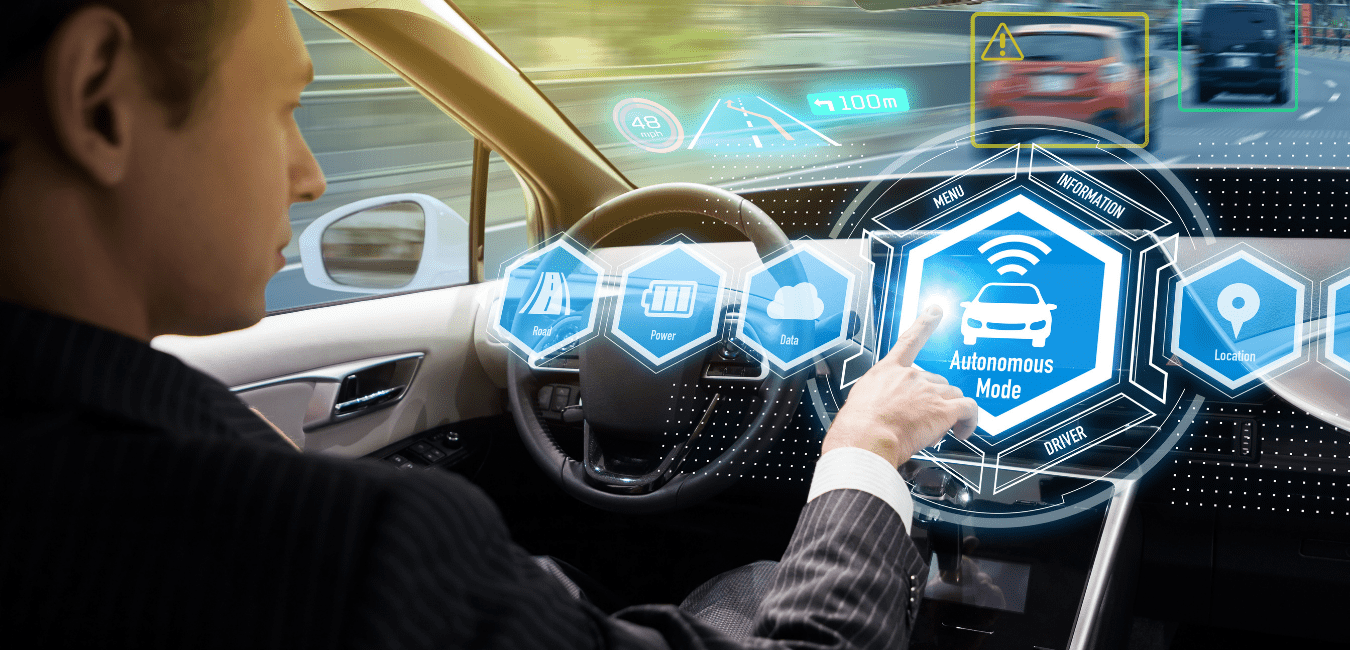In recent years, the use of car electronics has increased significantly. With these advancements in automotive technology, vehicle safety, and performance have been greatly improved. This article provides a comprehensive overview of the impact of car electronics on vehicle safety and performance. It examines the various aspects that contribute to these improvements as well as how they are being used today.
Additionally, it will consider potential future developments in this field and explore their implications for drivers worldwide. By looking at the current state of automotive technology, we can gain insight into what further changes may be possible to continue increasing road safety and improving the overall driving experience.
Impact on Vehicle Safety
Car electronics have had a profound impact on vehicle safety and performance. The introduction of new technologies such as lane departure warnings, blind spot detectors, automatic emergency braking, and adaptive cruise control has revolutionized the way that drivers keep themselves safe.
Additionally, many modern vehicles feature advanced computer systems with sophisticated sensors that are capable of monitoring the vehicle’s behavior in real-time to increase driver alertness and reduce risks associated with collisions or other dangerous conditions. Furthermore, car electronics provide improved fuel efficiency by optimizing engine performance through timely maintenance reminders and alerts for low tire pressure or oil levels. All these features contribute significantly to increased safety when driving a car.
Impact on Vehicle Performance

The impact of car electronics on vehicle performance is substantial. From engine control units to navigation systems, these technological advances are significantly impacting the way vehicles perform. By leveraging digital technology, cars can now achieve better fuel efficiency and acceleration while also providing improved safety features such as automatic emergency braking and lane departure warning systems.
Furthermore, in-car entertainment options like streaming services have made driving more enjoyable than ever before. With all of these benefits, it’s no surprise that car electronics are revolutionizing how cars are designed and operated today – making them faster, safer, and more efficient than ever before.
Advantages and Disadvantages of Car Electronic
Car electronics have become a major component of modern vehicle safety and performance. While these systems offer a range of advantages, such as enhanced navigation capabilities and improved fuel efficiency, they also present some potential drawbacks. Advantages: Car electronics can provide drivers with greater control over their vehicle’s functions by offering more precise navigation guidance and automated features like parallel parking assistance.
Additionally, many car electronic systems are designed to optimize fuel economy through eco-friendly driving techniques like maintaining steady speeds or monitoring engine temperature levels. These advances can lead to significant cost savings for drivers in terms of both time and money spent on gas throughout ownership. Disadvantages: The implementation of car electronics is not without its flaws however; there may be compatibility issues between different models or versions which can result in system malfunctions or even complete failure should something go wrong during installation.
Furthermore, increased reliance on technology could make people less alert while driving as they rely too heavily on the information provided by their devices instead of paying attention to their surroundings – this could put them at risk if an unexpected event occurs while they are behind the wheel. Finally, the cost associated with purchasing and installing certain types of car electronics may be prohibitively expensive for some consumers.

Source: bbva.ch




